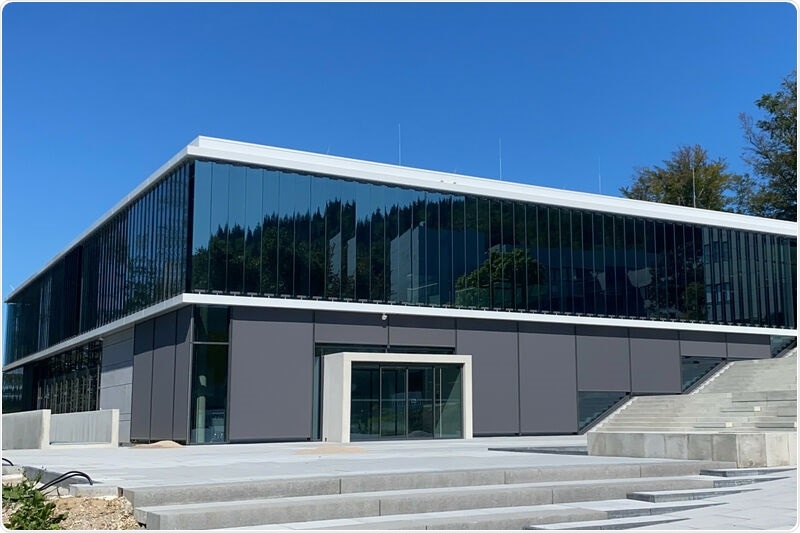31 January 2021, Wetzlar, Germany. Leica Microsystems, a leading manufacturer of microscopes and scientific instruments, has announced the opening of the new laboratories within the all-new Imaging Centre at the European Molecular Biology Laboratory (EMBL) in Heidelberg. The state-of-the-art imaging centre will serve as an important hub to drive collaborative research.

Image credit: Leica Microsystems GmbH
"The new Imaging Centre is a key milestone for both EMBL and Leica Microsystems in our shared goal to promote and enable scientific breakthroughs of the future," says Markus Lusser, President of Leica Microsystems. "The facility does not just offer researchers access to cutting edge sample-prep and imaging technology that pushes the limits beyond what has been possible before; Leica experts are also on-site permanently to empower researchers to use the data from the centre’s advanced imaging systems in order to achieve groundbreaking insights."
Throughout its history, Leica has engaged in partnerships with academic and scientific research institutions to advance scientific understanding through microscopy. By supporting EMBL’s drive to better understand the molecular basis of life through the provision of cutting-edge technologies for a wide range of scientific and experimental services, Leica helps scientists push the boundaries of their research further.
Scientists visiting the EMBL IC from all over the world will be given the opportunity to access the very latest imaging technologies at the imaging centre. The Leica laboratory team are also available on-site to provide researchers with expert support on the practical aspects of imaging, sample preparations, workflows and data analysis systems.
"We are very happy to have Leica Microsystems as a strong technology partner in the EMBL Imaging Centre," says Jan Ellenberg, Head of the EMBL Imaging Centre and the Cell Biology and Biophysics Unit. "As we believe seeing is understanding, our partnership with Leica offers scientists access to imaging techniques that might otherwise not be available to them."
"The knowledge and expertise of the specialists has been very impressive," says Danny Ionescu, a researcher from the Leibniz Institute of Freshwater Ecology and Inland Fisheries (IGB), Berlin and one of the first visitors at the EMBL IC to use Leica instruments to gain additional insights into his field of research.
